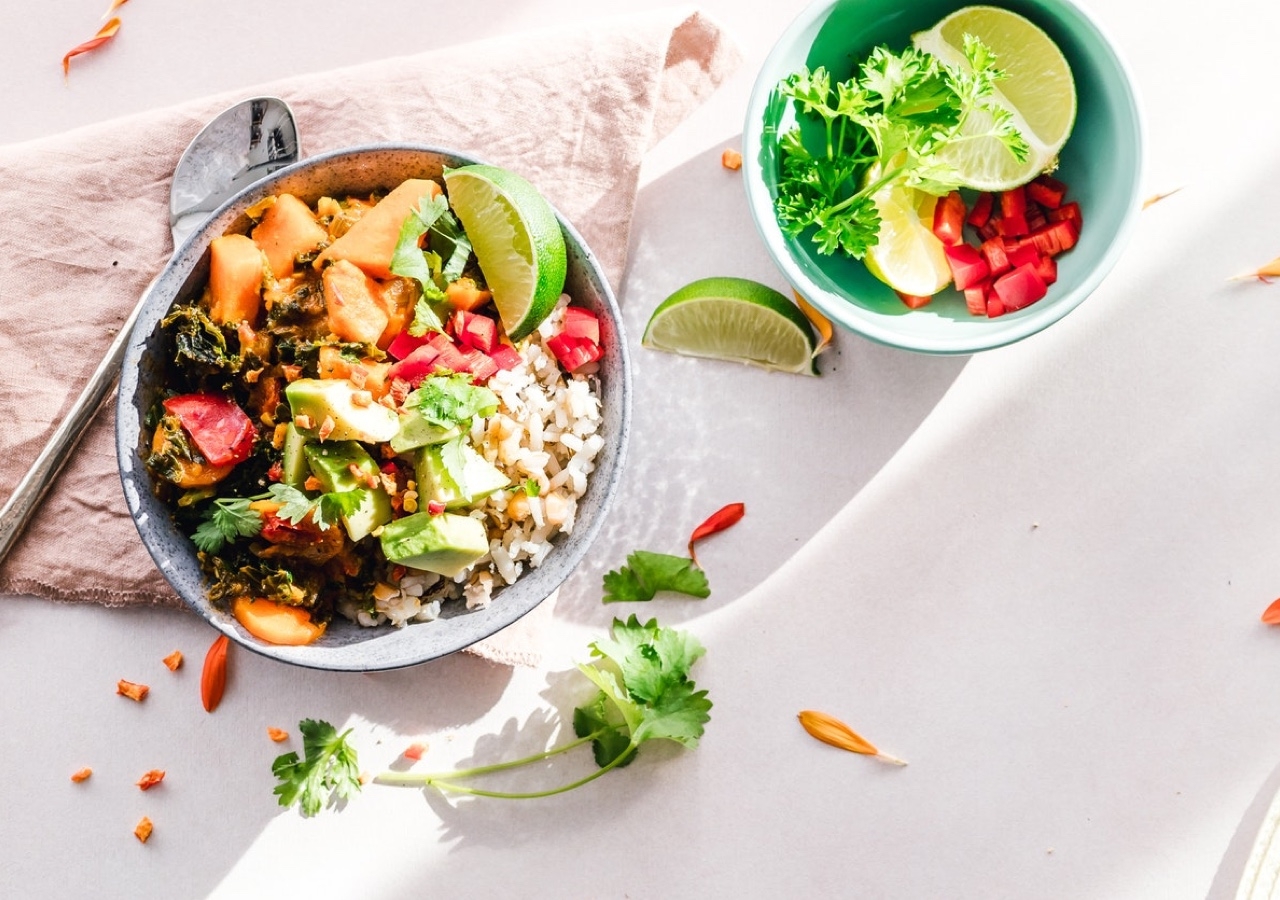The intelligence of our individual organs and their integration with the intelligence of our whole body has long been underestimated. Much of modern medical practice has evolved to categorise our individual organs to a speciality of doctors. For example, cardiologists look after the heart and gastroenterologists; the gut and so forth. The result is one of crafted expertise, yet each group of doctors is made to focus on only one part of the body. As we mature into our professions, many doctors come to realise that this is in fact not the reality of how the body itself evolved and the movement towards integrated, holistic care begins again.
unnamed-1.png

Back in the womb, a single layer of cells divided to form a long vertical tube down the central line of your body. It is this same tube that formed both the organs of your digestive tract, the so-called gut, and at the same time your spinal cord and nervous system. Married from birth, these organs were destined for lifelong companionship. The gut even began by mushrooming its own unique nervous system, the so-called enteric nervous system, which believe it or not, contains 100 million nerve cells operating without any input from your brain, hence you may have heard the gut called our second brain.
Yet the conversation is even more wondrous than plumbing and electricity… The gut tells the brain when it is hungry, full, or when nature calls by talking in multiple ‘languages’ all at the same time. These languages involve hormones (the endocrine system), blood cells (the immune system) and bacteria (the microbiome). Did you know that the bacteria and viruses of your gut outnumber your genes by 150 to 1? That is 100 trillion bugs living in your gut. It is thought that 90% of all diseases can be linked in some way back to the health of this ecosystem. Not only that, but these bugs produce approximately 90% of the happy hormone serotonin which, simply put, signals to your brain feelings of well-being and happiness.
“All Disease Begins in The Gut.” - Hippocrates
Food and mood are intrinsically linked, and we are the architects of whether this relationship is positive or negative. We need to be aware of what we are eating and where our food comes from in order to make wise choices and influence this food-mood relationship. For example, the need to feed a growing population requires the use of pesticides and specific animal feeds, changing the composition of our food to contain many more hormones and additives, which our bodies have not historically evolved to cope with. The rising rate of digestive conditions in western society, such as heartburn and irritable bowel syndrome (IBS) can be linked to this phenomenon, not to mention the increasing prevalence of allergies and intolerances. Yet this is only half the burden that living a modern life places on our digestion.
How often do you find yourself eating on the go? Or finishing a meal having been so preoccupied talking, texting, or looking at a computer or TV screen that you barely noticed how each bite tasted? When we rush our food, we put our nervous system under stress — so called ‘fight or flight’ mode. This signals to our body that instead of digesting a meal, we should put all our vital energy into surviving to meet that work deadline or not running late to pick the children up from school. Science also tells us that sensations such as smell, taste, and texture influence our hunger levels and the satisfaction we get from eating a meal. So eating in a rushed, non-mindful way can have detrimental effects on weight and digestion.
So, what can we do to honour this conversation and promote healthy digestion? Firstly, opt for fresh food whenever possible. This means everything that comes from the earth. For every single packaged food item you buy, why not count the ingredients? If there are words you don’t recognise or can’t pronounce, remember that your gut probably can’t understand them either! The fewer ingredients on your packaging, the better.
Secondly, notice how you feel when you eat particular groups of foods. Do they make you feel bloated or uncomfortable afterwards? Perhaps it is time to choose differently.
Thirdly, why not sit, breathe, and give thanks before you embark on a meal. This signals to your nervous system that it is time to flip the switch from ‘fight or flight’ to ‘rest and digest’ mode.
Finally, when you suffer from low mood or weak digestion, kindly recognise that stress is felt in every cell of your body. Eating is meant to be a slow, steady, and nourishing process. Take a step back and remember that you are more than the sum of your individual parts and since your gut is listening, make your thoughts easy to digest.
---
Dr Rabia Lalani is a qualified gastroenterologist and yoga teacher based in London.








